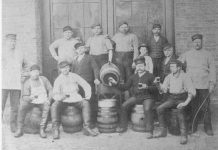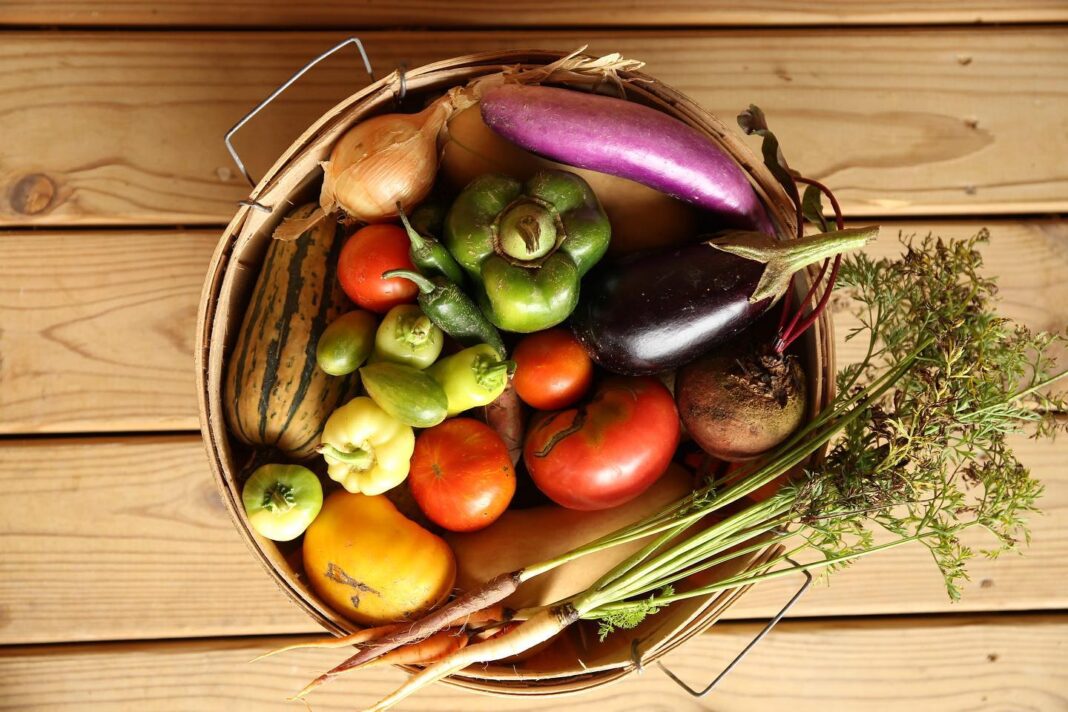It’s a measure of the sheer pace of change and upheaval in the food and drink business that Taste, one of two concepts mentioned herein, already closed in May.
The story is from 2020. It’s a deep dive into Travis Milton, his instincts for revival, and the heritage of foodways in Appalachia, a topic I’m guessing quite few of us have considered lately.
The introductory snippet is long, but there’s much more to read, and Atlas Obscura has no pay wall.
The Chef Restoring Appalachia’s World-Class Food Culture, by Eric J. Wallace (Atlas Obscura)
A coal fortune is fueling the revival of a cuisine it nearly destroyed.
The late-August sun blazes overhead as Travis Milton enters the gated two-acre vegetable garden just steps from Taste, his new brews-and-bistro-style pub. Some 200 yards away, an accompanying fine-dining spot, Hickory, is being built. He walks along a row of heavy, two-foot-long Candy Roaster winter squashes that, when sliced, reveal delicate pink-orange flesh. Elsewhere, ears of Bloody Butcher corn as red as a mountain sunset grow alongside Cherokee White Eagle Corn, which contrast, in turn, with licorice-colored Black Nebula carrots.
The experience feels like touring a high-end botanical garden, but Milton describes it as more of a living-history museum, one that recreates gardens like his great-grandparents’, before it was strip-mined for coal. Most of the more than 100 rare and obscure varieties, he says, were standardized a century ago by homesteaders in Appalachian coal country. All were once regional staples—Milton collected many of the seeds from mountain-country old-timers.
“The diversity of fruits, vegetables, and livestock being cultivated on homesteads in this region was simply astonishing,” says Milton. It was amplified by a tradition of foraging American chestnuts, dandelion leaves, and other wild foods. “If you could’ve brought everything together on one property, you would’ve had one of the largest and most unique region-specific collections of ingredients in the world.”
This, of course, is what Milton is creating now: a farm, garden, drink venue, and restaurant that restore and showcase Appalachia’s world-class food culture. To do it, he’s partnered with Kevin Nicewonder, the scion of one of Appalachia’s oldest and wealthiest coal families. Taste and the farm are now open, and are meant to preview the 28-room Nicewonder Inn and 130-seat Hickory, which will open around June 2020. poverty, young families fled to cities looking for work. “The older Appalachian foodways came under pressure.”
As the Depression-era generation began to pass, no one was there to take them up. The foodways were in danger of being lost entirely.























